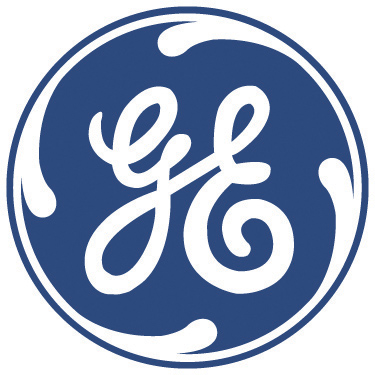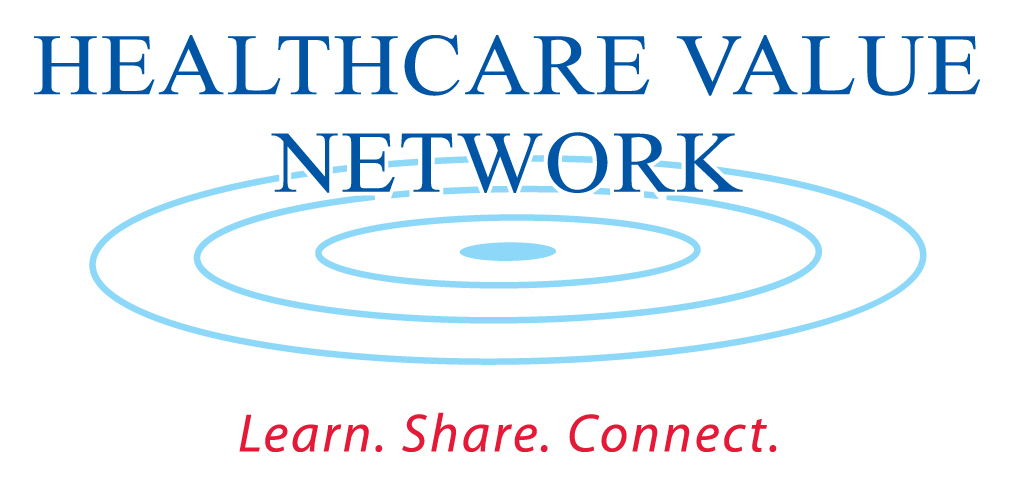Same Foundation, New Message: LEI Aims to Make Things Better
At the Lean Enterprise Institute (LEI), our mission for 15 years has been to advance lean thinking and practice throughout the world. We’ve refocused it now to something even simpler and more relevant for our times. We want to make things better. Lean happens to be the way we do it.
We help companies literally make things better by delivering more value to customers. By giving customers what they want while making the best use of company resources, customers and companies both benefit. Lean began in manufacturing, and now we’ve seen lean thinking make an incredible difference in healthcare, finance, and a wide variety of complex service organizations. Lean principles can be applied to almost any organization.
As a learning and teaching organization, comprised of people who seek to help address some of society’s biggest problems—in business, government, education, healthcare, social services, you name it—at LEI we also want to improve lives. Not just people’s lives at work, but people’s lives across the board, in communities throughout the United States and the world. Despite our cultural and economic differences, we know lean thinking and practice can help do that.
How exactly do we aim to make things better through lean? By improving the processes by which information, products, and services are delivered, and by empowering people through coaching and problem solving (Plan, Do, Check, Act). And most importantly, by helping companies become sustainable, learning organizations, which increases competitiveness and creates stability. A lean company can focus on long-term results and goals, innovation, creating jobs, and financial sustainability, not just quarterly profits.
Here are few specific ways we’re making things better through our business partnerships and community projects.
|
Creating New Manufacturing Jobs, Driving Resilient Economies In 2012, GE created over 2,500 manufacturing jobs at Appliance Park in Louisville, Kentucky to make totally new product platforms (water heaters, frontload washers/matching dryers, and French door refrigerators) for the first time in nearly 60 years. GE has partnered with LEI to not only build new product in the most effective way possible, but to develop a lean management system to support GE’s production system in the long-term. While this work is happening in Louisville with the GE Appliance team, LEI CEO John Shook has been participating in the national conversation about the future of manufacturing and reshoring (or “rightshoring” as we like to say), most recently at “Manufacturing’s Next Chapter”, organized by The Atlantic in Washington D.C. on February 7th. Hear Shook’s thoughts on what it takes to keep and create good manufacturing jobs in the U.S. and the importance of teaming, partnerships, and social-technical networks in “What Advanced Manufacturing Requires to Keep Advancing.”
|  |
|
Improving Healthcare by Keeping the Focus on the Patient In the past five years, through our Lean Enterprise Partners program, LEI has promoted lean thinking in healthcare at Cardinal Health and at the University of Michigan Healthcare System. In 2009, we initiated the founding of the Healthcare Value Network (HVN), a partnership between LEI and the ThedaCare Center for Healthcare Value, which connects healthcare leaders who share a commitment to providing high-quality, cost-effective care. Since 2010, we’ve held our annual Lean Healthcare Transformation Summit, bringing together leaders and practitioners from hospitals, clinics, lean consortia, and public and private healthcare organizations. More recently, LEI partnered with a 4,400 bed healthcare system to improve patient care through a new approach to problemsolving, teamwork, and leadership. Coaches Mark Reich and Danielle Blais worked with their clinical laboratory to shorten the lead time on specimen test result processing for emergency patients. As quick turnarounds on test results are crucial (patients deteriorate quickly), by reducing processing time from 1 hour 15 minutes to 45 minutes, staff deliver a much higher quality of care and are saving lives. LEI COO John O’Donnell and faculty member Chris Vogel have also worked with the U.S. Food and Drug Administration to improve its drug approval processes. Through lean practice, FDA teams have significantly reduced workloads as well as the number of days required to gain approval in six drug approval processes, decreasing the time it takes to get new drugs to market. Read more about lean applications in healthcare in Perfecting Patient Journeys.
|  |
|
Increasing the Effectiveness of Nonprofit Organizations LEI Founder, Jim Womack has long believed that lean has great potential for the nonprofit community. Our coaches and faculty members have paved the way for lean in new and different sectors, serving organizations that address a social need. Norman Faull, President of Lean Institute Africa, has worked with regional healthcare centers and clinics in and around South Africa to improve the flow of care, supplies, and medicine to HIV/AIDSpatients. Faculty member Steve Bell, with Karen Whitley Bell, founded Lean4NGOs, a nonprofit that connects lean practitioners and coaches with those NGOs who could use their skills and knowledge. Danielle Blais is working with Community Servings, a nonprofit organization in Boston that delivers nutritious meals to low-income, mostly chronically ill individuals and local schools, to reduce errors and wasted food. This saves Community Servings money, makes everyone’s job easier, and ensures that more people get the help they need. Meanwhile, Womack is leading gemba walks and organizing conferences in the Antigua valley of Guatemala, connecting local students with businesses who pay a fair wage (and know they must be lean in order to do so) and donating the revenue from learning events to the NGO Common Hope.
| |
All of these activities supplement what we do every day at LEI, sharing lean knowledge through our public and on-site workshops, events, publications, co-learning partnerships, and online services. And they help us make things better, too, by informing our future offerings.
Where do you see lean showing up in the world?



